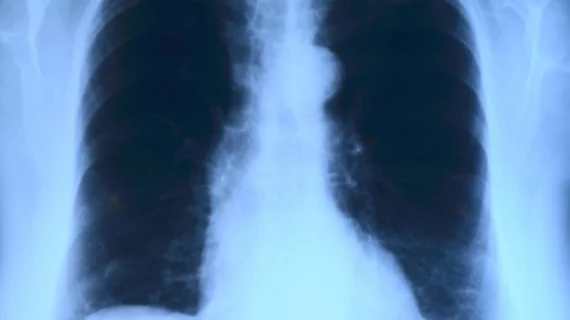AI researchers set sights on detecting COVID-19 in imaging results
Researchers are hard at work developing new AI algorithms that could help radiologists diagnose COVID-19 patients.
The study, a collaboration between the University of Chicago and Argonne National Laboratory, received funding from the newly established C3.ai Digital Transformation Institute.
The goal is to develop AI tools that can assess chest x-rays and thoracic CT scans, helping specialists detect signs of COVID-19 and even determine which stage of the infection the patient is experiencing. Researchers also hope to identify COVID-19 cases completely missed by other means of detection. Giger’s team has previous experience developing models that can spot signs of emphysema, heart disease and osteoporosis.
“We’re taking our AI development knowledge that we’ve learned from analyzing other lung diseases and using it here,” Maryellen Giger, PhD, a professor of radiology at the University of Chicago, said in a news release on the school’s website. “In doing so, we will conduct transfer learning and get away with a lot fewer cases as we combine medical imaging intelligence with machine intelligence.”
Giger noted that such research is especially important because it is unclear how long this ongoing pandemic will last.
“The impact of this research area is expected to be great because, as we move into a potential next wave or if COVID is looked at as a chronic disease, we will need to be able to recognize it,” she said in the same news release. “One of the ways of doing that is through what's routinely obtained: chest radiographs and low dose CTs for lung screening. So this will just be another checkbox of ‘is there COVID potential here?’”

